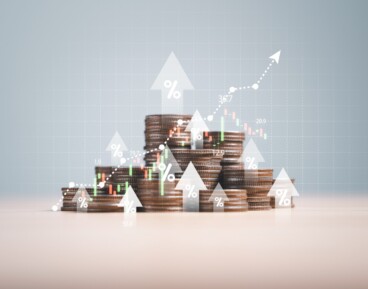German automotive industry at a crossroads
Kategoria: Business
Friday’s Wall Street Journal has the latest survey of 54 professional economic forecasters. Among the questions they were asked was this: „What would the real gross domestic product (annualized growth rate) be/have been for the following period absent the American Recovery and Reinvestment Act?”
The average response said that growth would have been -0.93 percent last year in the absence of fiscal stimulus. Since growth was essentially zero on a 4th quarter over 4th quarter basis–the measure favored by forecasters–this suggests that the stimulus added almost a full percentage point to real GDP growth in 2009.
For 2010, the forecasters say that growth would be 2.2 percent in the absence of stimulus. Since the average growth forecast for this year is 3.0 percent by these same forecasters, this suggests that the stimulus bill will add 0.8 percent to growth this year as well. In other words, the real GDP growth rate this year will be more than a third higher than it would be in the absence of stimulus.
On balance, 75 percent of the forecasters said the stimulus bill was a net positive for growth, 12 percent said it was a net negative, and 14 percent said neither.
In terms of the unemployment rate, the forecasters say that the February rate would have been 10.4 percent in the absence of stimulus, rather than the 9.7 percent rate reported by the Bureau of Labor Statistics last week.
This doesn’t close the book on whether the stimulus legislation worked or not, but it should be remembered that the economists participating in this survey are not political hacks at some „think tank” or ivory tower academics, but people paid on the basis of being right about forecasting the economy. Their words ought to carry a bit more weight than those that don’t forecast for a living.


